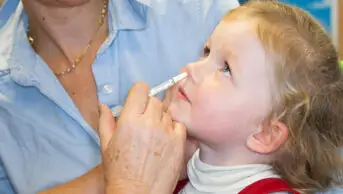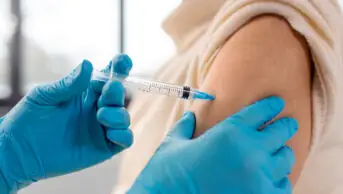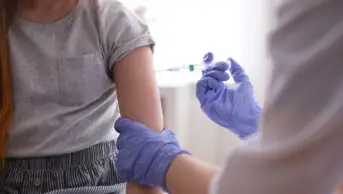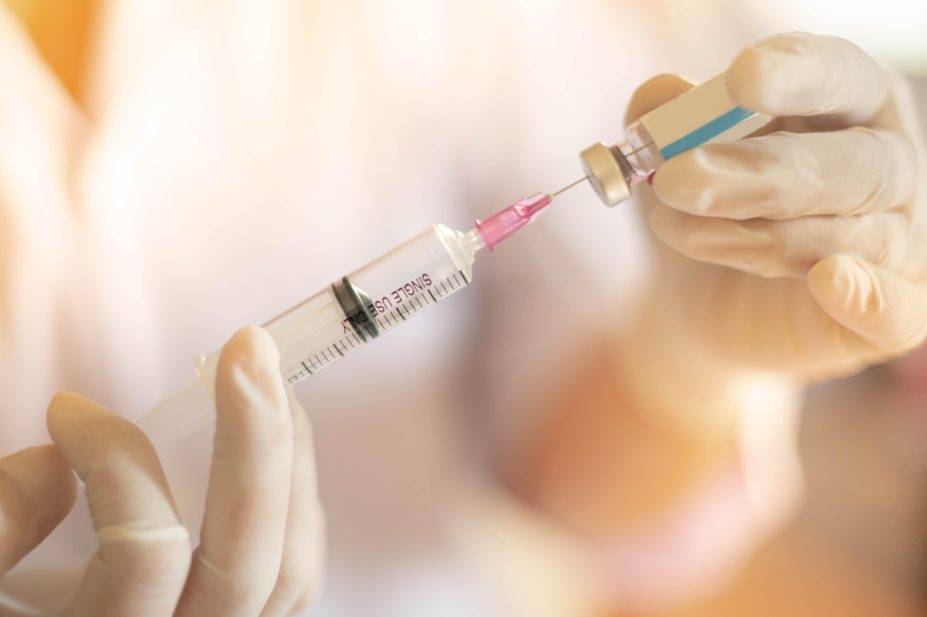
Alamy Stock Photo
Open access article
The Royal Pharmaceutical Society has made this article free to access in order to help healthcare professionals stay informed about an issue of national importance.
To learn more about coronavirus, please visit: https://www.rpharms.com/resources/pharmacy-guides/wuhan-novel-coronavirus
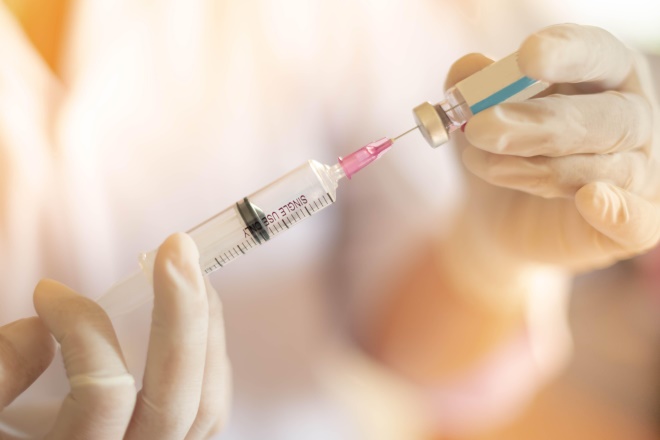
Source: Shutterstock.com
The National Pharmacy Association has said that they expect few pharmacies to deliver the first round of COVID-19 vaccinations
Only a ‘small number’ of independent multiples have applied to administer the newly approved COVID-19 vaccination from designated pharmacy-led sites, the Association of Independent Multiple Pharmacies (AIMP) has said.
Speaking to The Pharmaceutical Journal, Leyla Hannbeck, chief executive of AIMP, said that, since the criteria were published by NHS England on 27 November 2020, its members had been “actively looking” to see how they could get involved in the “historic” vaccination programme.
“A small number of our members have been progressing applications to run very well thought-through vaccination centres,” she said.
“The process has unfortunately proven to be not very community pharmacy-friendly and has discouraged more of our members from making an application.”
A spokesperson for the National Pharmacy Association said that they expected few pharmacies to deliver the first phase of vaccines.
“While the number of pharmacies involved in the initial phase may be small, we expect the pharmacy network to be a central plank of the programme as it expands,” they said.
“Pharmacies may be especially important in achieving uptake in poorer communities, because of the generally high level of access to pharmacies in deprived neighbourhoods.”
This comes as the mRNA vaccine being developed by Pfizer and BioNTech has become the first COVID-19 vaccine to be approved for widespread use in the UK and will start to be deployed next week. The UK has already ordered 40 million doses, with 800,000 doses expected to arrive in the next few days.
June Raine, chief executive of the Medicines and Healthcare products Regulatory Agency (MHRA), said it had carried out an “extremely thorough and scientifically rigorous review” of all of the evidence surrounding the mRNA vaccine to ensure that it met the required “strict” standards of safety, effectiveness and quality.
She added that, despite the speed at which the vaccine has been made available, “no stone has been left unturned”.
Wei Shen Lim, chair of COVID-19 immunisation within the Joint Committee on Vaccination and Immunisation, said that age was the “single most important factor” in prioritising groups that would be vaccinated in the first phase of the vaccination programme. Therefore, the highest priority for vaccination is residents in care homes for older adults and their carers, followed by all those aged 80 years and over, and frontline health and social care workers.
Lim said that the vaccine would be offered on a voluntary basis but that, in the first phase of the vaccination programme, he hoped that “90–99% of people who are at risk of dying from COVID-19 will be included or covered”.
It was also highlighted that no specific precautions would be required before administering the vaccine to people who had already had COVID-19, and that COVID-19 testing would not be required before receiving the vaccine.
Following deployment of the vaccine, the MHRA will carry out “active surveillance”, including yellow card reporting and a “special active monitoring programme” which people will be invited to join by way of a letter.
Sandra Gidley, president of the Royal Pharmaceutical Society, said that the organisation was now taking steps to understand the logistical arrangements for the vaccine programme.
However, she said that pharmacists needed “assurances” from the NHS and governments that the programme would not disrupt the “already stretched” pharmacy workforce, but “make way” for greater collaboration between healthcare professionals and minimise the impact on routine practice.
“Safety is absolutely our number one priority, both for patients and for those administrating the vaccine,” she said.
“Pharmacists and their teams have been caring for the public and exposing themselves to the virus all through the pandemic, so it’s only fair that they are protected with this vaccine and continue to receive all forms of protective equipment.”
Simon Stevens, NHS England chief executive, said that community pharmacies were likely to become involved early next year. He said: “As even more vaccine becomes available, finally, we will be able to switch on large vaccination centres across the country and invite local community pharmacists to — probably in the beginning of January — offer vaccination as well.”
